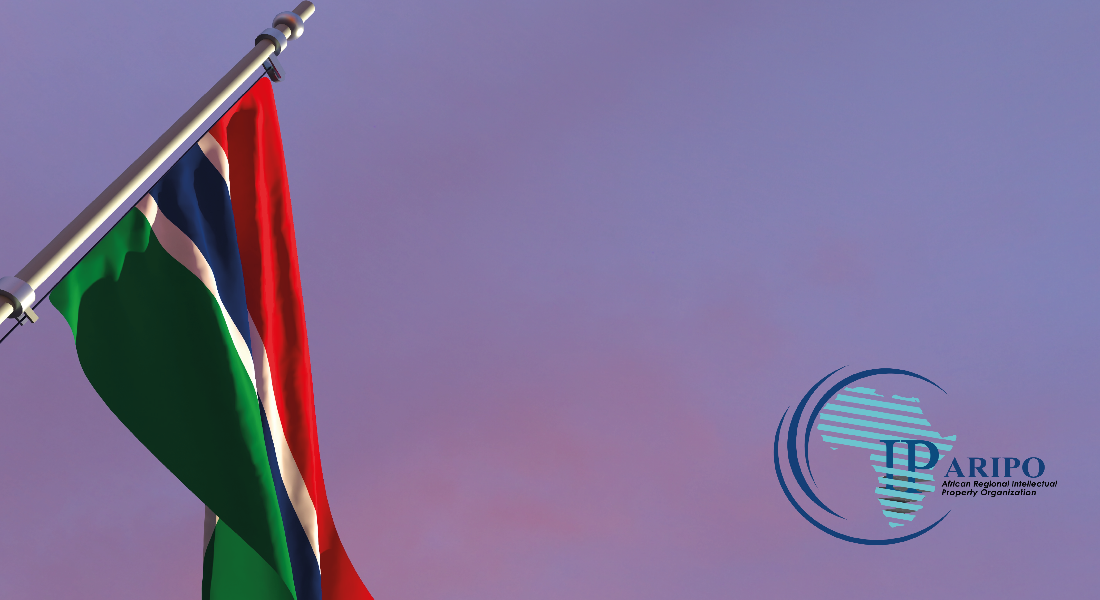Trademark - Gambia
Register your Trademark
Register your trademark with Inventa and benefit from the following advantages:
Strategic Advice
Our specialists will review the information you provide and advise you on the best strategy to increase your chances of success in obtaining a trademark and protecting your brand.
We prepare the application
We will be in charge of all the procedings related to filing a trademark application based on the chosen strategy.
Trademark Maintenance for 10 years
Inventa keeps a close eye on every event related to your trademark.
Client Area available
We provide you a secure web based client area to manage your Intellectual Property assets.
Trademark Registration
Process
Monitor the process from the preparation for the trademark application to its maintenance phase. Inventa will accompany you every step of the way.
Trademark Identification
With your help, we identify the trademark to be registered and point out the elements worthy of protection, according to Trademark Law.
Identification of Jurisdictions
We define the best registration strategy, depending on the jurisdiction in which you wish to obtain protection, taking into consideration the many regional/international mechanisms for international protection.
Identification of Classes
Since the costs may vary depending on the number of classes, we identify the international classes corresponding to the goods/services you wish to market with your trademark.
Trademark Search
At this moment, you should conduct a trademark search (optional but highly recommended), be it with or without a legal opinion, in order to identify whether the trademark is free to be registered.
Application for Registration
We analyze whether the formal requirements have been met and submit the application for registration to the respective PTO.
Examination
During this phase, the relevant PTO will analyze whether your trademark is confusingly similar to previous trademark. We monitor the process up to the final granting.
Opposition Period
After the publication of the trademark, third parties may submit an opposition against it being granted. We can respond to any objections, with the aim of ensuring that your trademark is registered.
Internationalization
You can extend the protection of your trademark at any time through national, regional, or international registrations in other jurisdictions.
Trademark Watch
Obtaining the rights to a trademark is of no use if you do not then exercise these rights. Therefore, it is necessary to be always on the lookout for infringements.
Gambia
Trademark Details and Timeframes
Priority claim
Available
Multi Class Application
Unavailable
Well-known Trademarks
Available
Body responsible for non-use cancellations
Court
Search with legal opinion time frame
8 days
Time until registration
1 year
Opposition Period
90 days
Use requirement period
5 years
Requirements
Application Requirements
- Power of attorney, simply signed.
- Applicant data.
- Sample of the mark (not required for word marks).
- List of goods and/or services.
- Copy of priority document (if applicable).
- Certified copy of the priority document, with a verified English translation.
Renewal Requirements
- Duration: 10 years from the date of filling.
Assignment Requirements
- Power of attorney, simply signed.
Change of Name Requirements
- Certificate of change of name.
Change of Address Requirements
- Certificate of change of address.
License Requirements
- License agreement, with verified English translation.
Latest news

